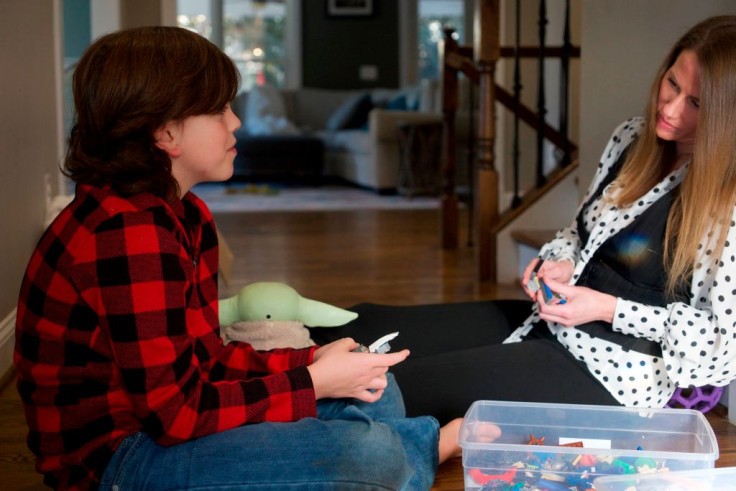
The World Health Organization (WHO), in its social media post on Monday, asked parents and guardians about depression in children and teenagers.
The post described that growing is full of changes, such as starting school, going through puberty, and preparing for exams. It added that these cause stress and depression among children, The Gulf News reported.
WHO advised that if guardians think their child might be depressed, it is best to talk about how they are feeling and not be afraid to seek professional help.
Stories of depression
Aidan shared his story of depression. He wrote that the first time he was conscious that he was going through depression was in grade 12. At the time, he did not know that he had depression.
The first sign was his continued interest in the things he usually and generally loved. He used to dream of being an architect. By grade 12, he was in three architecture courses at school. He was in an apprenticeship for an architecture firm at a young age. He even attended a significant "Skills Canada" competition and was the regional architectural drafting champion.
In the second half of grade 12th, he admitted that stresses at home and child abuse triggered his depression. The challenging part about depression is that his physical appearance does not match how he feels inside. He lacked emotion and feeling and could not feel anything. If somebody says something funny, he does not have a response. He noted that it was in disconnect because there was a response on the inside, but he said he could not express it physically.
He noted that the depression affected his social life, relationship, and work. He said that it felt like this invisible thing was stopping him from getting out of bed and out of the house, the kidshelpphone.com wrote.
Signs of depression
WHO cites these signs in children who are going through depression:
- Having a persistent headache, stomach ache, or other unexplained pains.
- Emotional problems like constant crying or difficulty being away from parents or a particular person.
- Loss of interest in play, irritability, and difficulty concentrating.
- Difficulty in doing daily activities.
- Constant Fatigue
- Loss of interest in activities that they used to enjoy.
- Withdrawal from others.
- Restlessness
- Feelings of worthlessness or guilt.
- Change in appetite or sleep patterns.
- Taking risks that they usually do not take.
What to do if you suspect your child has depression
If you spot signs of depression in your kids, Kids Health recommends the following:
- Talk to your child about sadness, depression, or if anything is worrying them.
- Pay close attention to their well-being if there are life changes such as starting a new school, death, or puberty.
- Encourage the child to get enough sleep, eat regular and healthy meals, be physically active, and do things they usually enjoy.
- Spend quality time with them.
- Ask and talk to people who know your child if they noticed changes about them that might be worrying them.
- If you suspect that your child has depression, reach out to your doctor so he can do a physical exam and a child therapist to assess their depression.
- Seek help from emergency services if your child has thought of self-harm or has harmed himself in the past. Remove sharp objects or medicines from their vicinity.
Related Article: How Families Are Coping With Loss of Loved Ones Due to COVID-19